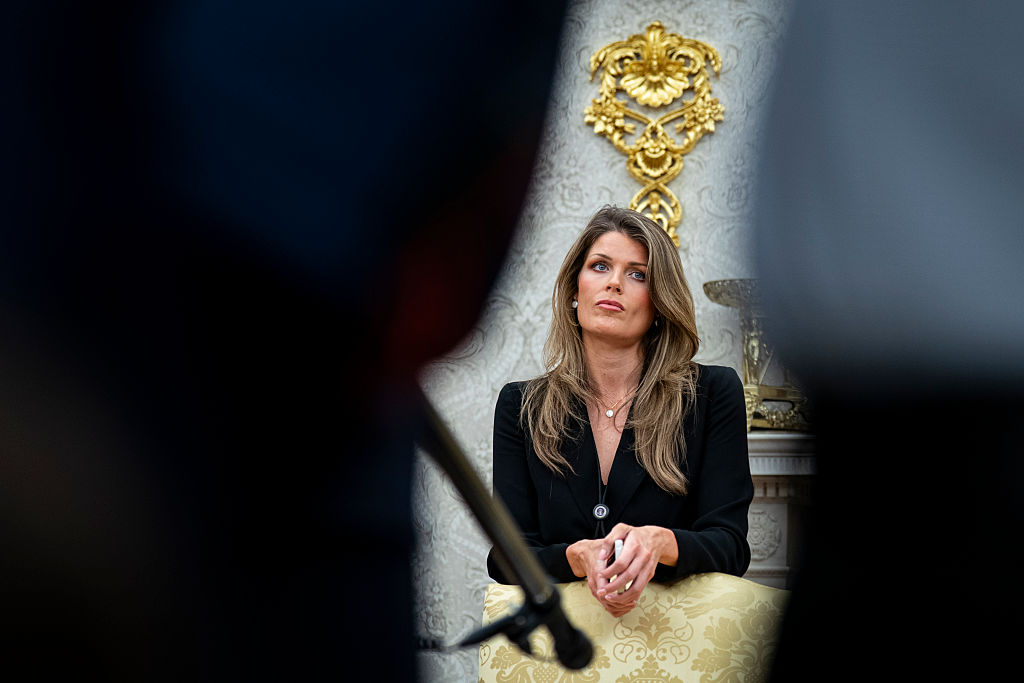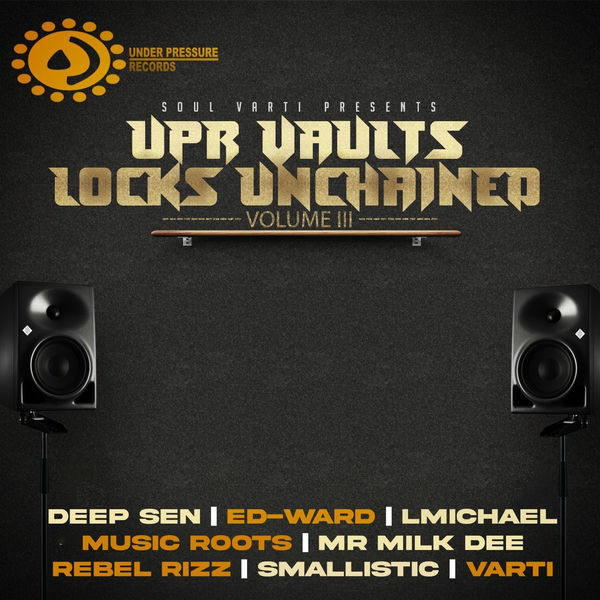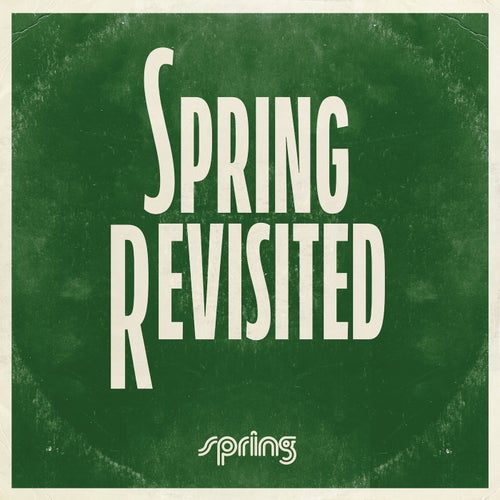While he might not have the same writing chops as Sufjan Stevens, Keaton Henson sticks out for his songwriting that tugs at your heart. His music receives frequent praise from critics as a result of it with songs like “Sweetheart, What Have You Done to Us” or “You Don’t Know How Lucky You Are” being frequently highlighted as key examples. He does however suffer from anxiety and it’s this issue which means that he lets word of mouth be his main means of promotion. Outside of that, he turns toward other creative pursuits like visual artistry and poetry.
Parader is his latest album. Being one of the more recognisable names in indie music means that he would often be subjected to criticisms as being overrated for a singer-songwriter especially if there’s little standouts about his writing. This album sought to prove otherwise. Rather than succumb to the same trappings of cliches as a contemporary in George Ezra, Henson instead went the way of Gregory Alan Isakov and let his works go deep and personal, mixed as well with meshed influences from other styles. To put it this way, he’s more like a late-blooming Elliott Smith after his departure from Heatmiser back in the early 1990s.
The improvements are exemplified best in the intro “Don’t I Just”. The quiet three-chord guitar playing in the verse contrasts with the chorus’s camaraderie as the layered vocals show some bonding over their anxieties. “Insomnia” contains twangy guitar riffs as the heightened drum mixing synergises well with the titular sleeping condition that represents his homesickness. Meanwhile, the two featured performances, respectively by Julia Steiner in “Lazy Musician” and Danielle Fricke in “Furl”, showcases the flexible tempo of Henson in tackling the themes of escapism and love. For “Furl” especially, Fricke is Henson’s wife which adds weight to its delicacy.
Some of the best and most memorable tracks on the album follow the similar kind of minimal instrumentation that then breaks to a slight explosion as found in “Don’t I Just”. “Past It” is a personal favourite as the arpeggiated guitar notes adds a melancholic jingle to the fleeting nostalgia and regret felt at your youth. “Tourniquet” has a tinge of lyrical dissonance as the music key is at a major only for the focus to be on the derealisation over revisiting his former residence in Los Angeles after time passes by. In particular, “Day in New York” reminds me so much of Okkervil River or the Wrens with the heartrending depiction of remembering an ex-partner who is left behind in the pursuit for musician glory. The melding between the electric and acoustic guitars in the end well and truly mirrors the two what-ifs over becoming a successful musician or settling down to become a father.
Other tracks in Parader carry on the mentioned strengths that Keaton built up on even if they’re relatively serviceable. “Conversation Coach” sees its percussion and the vocal harmonies be set towards a fracture in the relationship although its execution might veer slightly towards the stomp and holler’s hyperbolic exclamations from the production choices. “Operator” and “Loose Ends” both take on a more slacker rock fuzziness over setting boundaries and expectations in an issue in the relationship. They are not the most original, but the distortion in the guitars adds a nice accent to the dysfunction. “Tell Me So” sticks out as a weak point compared to the calmer tracks in the album as the renewed desire to be a better lover fails to have any clear traits that provide a nuanced interpretation of love.
As the album ends in “Performer”, Henson enters the metatextual as he ponders about his public responsibility as a music artist. He echoes the album title as he makes note of his status as a gateway between mainstream and alternative music. In a way, it sums up Parader both in his frank openness about his personal life which fuels many of his best songs and an elephant in the room – the overproduction of his tracks. While they do not completely ruin the album, it neuters the vulnerability that is expressed. Otherwise, fans will be pleased to find that Keaton Henson reigns well as a solid singer-songwriter in today’s climate.

 1 day ago
3
1 day ago
3


















 English (US) ·
English (US) ·